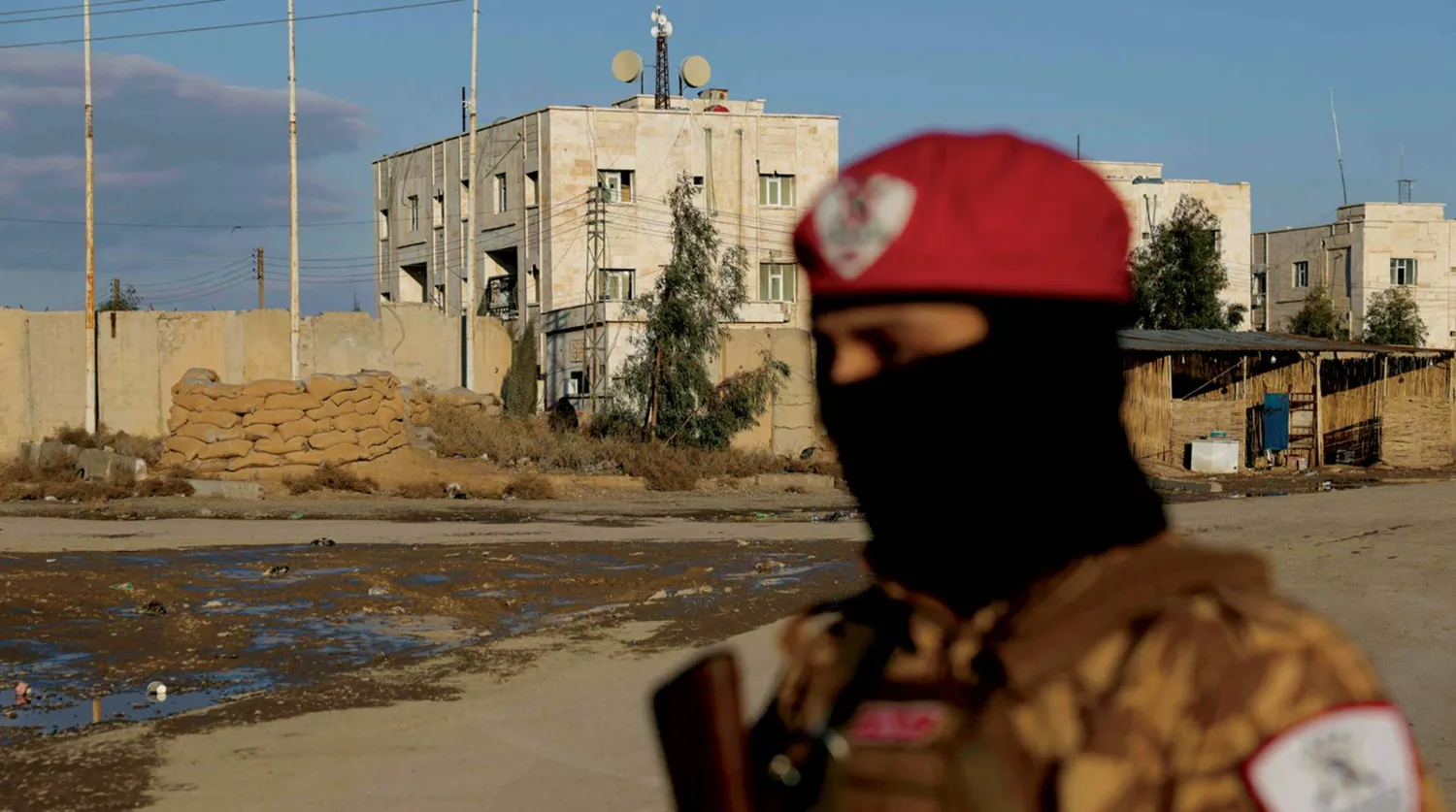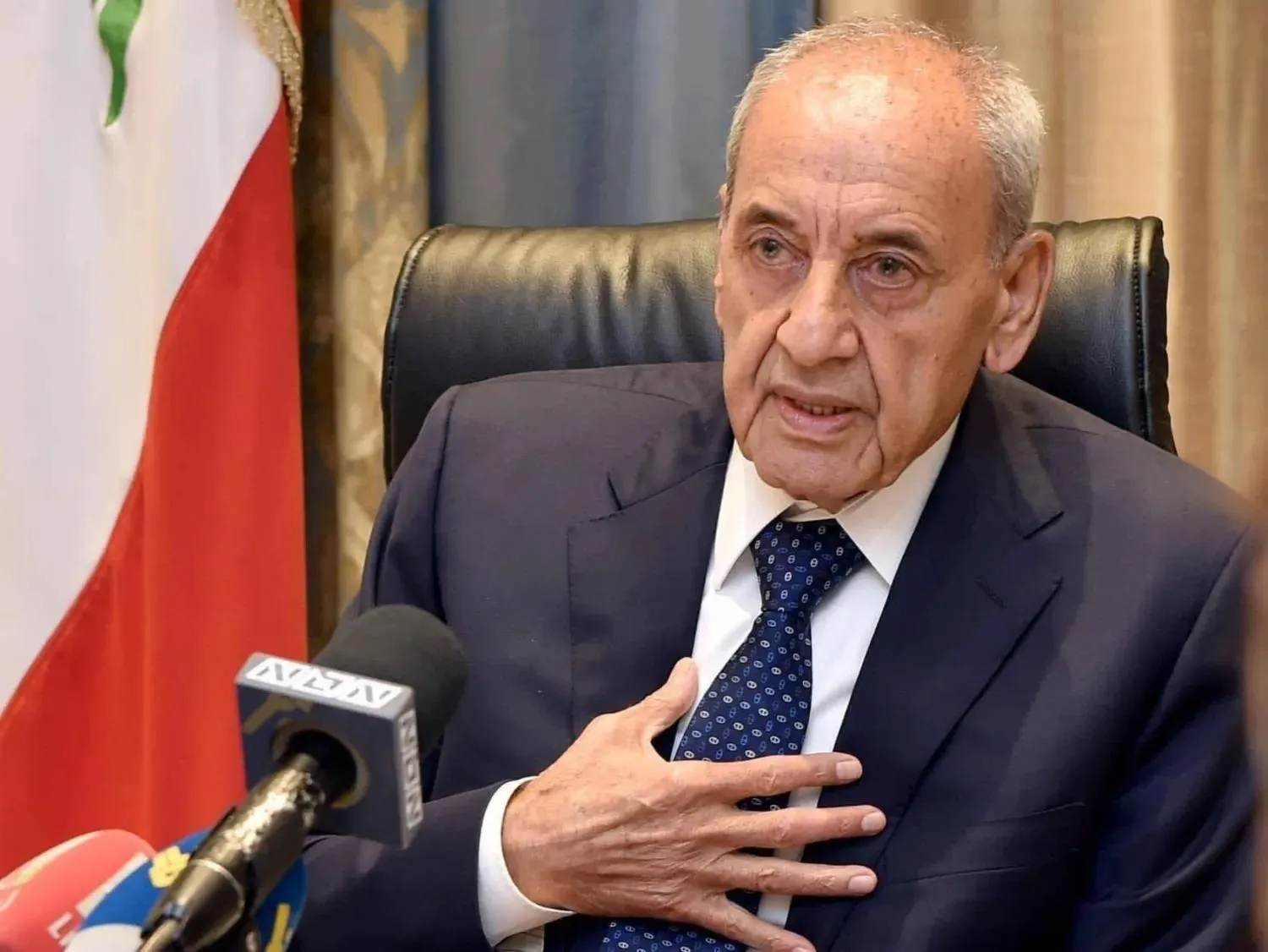Iraq condemned the Israeli strikes on Iran amid relief that the attack was limited and did not target the neighboring country’s oil and nuclear facilities.
An Iraqi government spokesman slammed on Saturday the “Zionist entity’s ongoing hostile policies and its expansion of the conflict in the region.”
He denounced the “flagrant violations that Israel is committing undeterred,” adding that Iraq had previously warned of the dangerous consequences of the international community’s silence over Israel’s “barbaric actions towards our people in Palestine and its attacks on Lebanon and Syria.”
Iraq reiterates its call for a ceasefire in Lebanon and Gaza and for regional and international efforts to support stability in the region, he went on to say.
On Thursday, Prime Minister Mohammed Shia al-Sudani said the decision of war and peace in Iraq lies in the country’s constitutional institutions.
Everyone who violates this stance will find himself in confrontation with the state, he added, while underscoring Iraq and the Iraqi people’s interests above all else.
Meanwhile, head of the Sadrist movement, influential cleric Moqtada al-Sadr dismissed the Israeli attack on Iran as “weak” and evidence of Tel Aviv’s “confusion.”
In a statement on the X platform, he called on Arab and Islamic countries to take a united stand to stop the attacks.
Moreover, he urged the Iraqi government to take a stand over the use of Iraqi airspace in the regional conflict.
Head of the Hikma movement Ammar al-Hakim condemned the Israeli attack, calling on the international community to stand together and stop Israel’s ongoing violations of international norms and treaties.
He warned of the expansion of the war beyond Gaza and Lebanon to reach Syria, Iran and other countries.
Meanwhile, a source from the pro-Iran ruling Coordination Framework said Shiite political circles were relieved that Israel only carried out a limited strike against Iran after weeks of threats to launch the retaliatory attack.
In remarks to the Asharq Al-Awsat, the source predicted that Iran was unlikely to retaliate to the latest Israeli strike, “so Iraqi airspace will not be turned into a pathway for Iranian missiles yet again.”
Another source for relief is that several political parties in Iraq are aware that their country will not be able to come up with an effective response should it come under Israeli attack.
Notably silent amid these developments are the Iran-aligned armed factions in Iraq that usually issue strongly worded statements against Americans and Israelis after any attacks on Iran.









